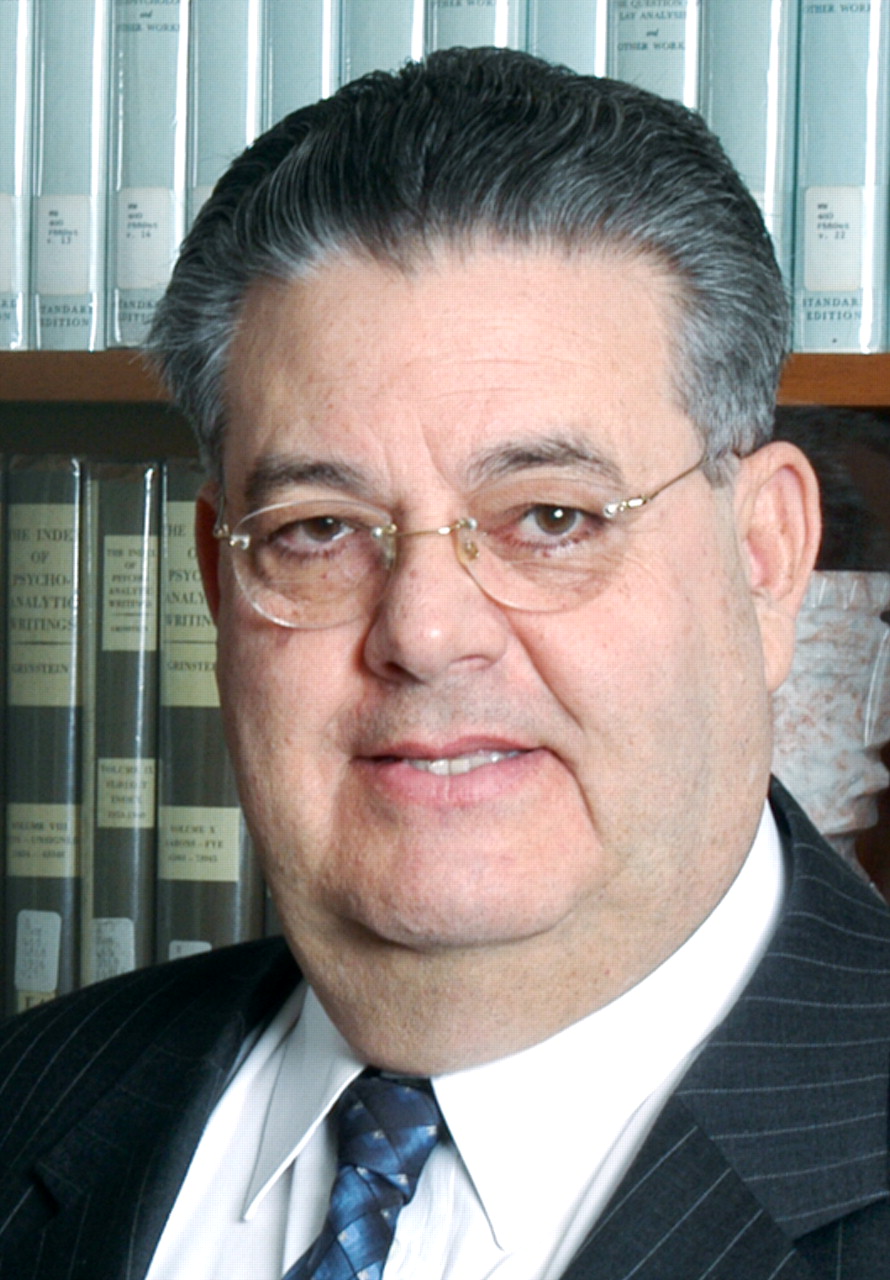Reflecting on My First Quarter As APA President

In collaboration with Dr. Steven Sharfstein, our immediate past president, I appointed a task force to design a “disclosure form” to evaluate the nominees for the Task Force on DSM-V, whose charge is to oversee the development of the next edition of DSM. In late June, I held a special teleconference of the Board of Trustees to review the disclosure form developed by the task force, and the Board approved it.
That was just the first stage of this vital review process. I then appointed a Board-level task force to screen the DSM-V nominees, led by our secretary-treasurer, Dr. Donna Norris. In an executive session at the October Board meeting, the Trustees reviewed the recommendations of that task force and then voted on the nominees under consideration. Given the importance of DSM-V,I plan to devote an entire column to it as work on the manual gets under way.
In July I led the annual presidential retreat for the Board of Trustees, during which several key activities took place. First, our legal counsel, Joann MacBeth, oriented the new Board members about their fiduciary and legal responsibilities with regard to service on the Board and to APA overall.
Next, we heard a very informative panel presentation on three topics related to my presidential theme, “Addressing Patient Needs: Access, Parity, and Humane Care.” The topic of access was discussed by Dr. Margarita Alegria of Harvard University; parity was discussed by Dr. Howard Goldman of the University of Maryland; and Dr. Suzanne Vogel-Scibilia, president of the National Alliance on Mental Illness (NAMI), discussed humane care.
These three presentations and the discussion that ensued led the Board to approve the creation of two presidential task forces during the Board's meeting that immediately followed the retreat: one on access and one on mental health parity. The parity work group will recommend a comprehensive strategy for achieving parity coverage of treatment for mental illness. The access work group is charged with identifying ways that APA can work to improve patients' access to psychiatric care.
Later that day, Board members were given an update on various topics that figure prominently in APA's ability to carry out its mission. Dr. Richard Harding, a past president of APA, gave a progress report on the relationship between APA and its three corporate affiliates: American Psychiatric Publishing Inc., American Psychiatric Institute for Research and Education, and American Psychiatric Foundation. Dr. James Nininger, a former speaker of the Assembly, led a discussion on membership recruitment and retention.
In response to what we learned of the status quo on these topics and the challenges that lie ahead to ensure APA remains effective in responding to the needs of patients and members, the Board approved the creation of two presidential task forces. Dr. Marcia Goin, also a past president, is chairing the task force on APA and its affiliated organizations, while Dr. Nininger is chairing the task force on membership recruitment and retention.
Also at the Board meeting following the retreat, Dr. Vogel-Scibilia talked to trustees about one of my most important presidential goals: how APA can build a stronger and closer collaboration with NAMI. Dr. Nora Volkow, director of the National Institute on Drug Abuse (NIDA), discussed NIDA research activities, now and in the future. At the request of Dr. Volkow, I instructed Beatrice Eld and the council she staffs—Addiction Psychiatry—to begin work with the Office of Communications and Public Affairs on creating an educational campaign on the theme “Addictive Disorders Being Real Mental Illness.” The council is now recommending that the Board endorse and fund the campaign.
During my presidential year, I plan to build even stronger institutional ties between APA and all three of the federal institutes important to psychiatry: National Institute on Drug Abuse, the National Institute of Mental Health, and the National Institute on Alcohol Abuse and Alcoholism.
In the November 17 issue, I reported on the activities at APA's fall component meetings, so I won't go into detail here. Let me just recap by saying that 400 APA members gathered in Washington, D.C., and volunteered their time and expertise to labor intensively on numerous issues and projects on behalf of their fellow APA members,our patients, and our profession.
In summary, during my first quarter as your president, I started work on many of the initiatives I promised when I campaigned for office. I am pleased with the results so far and grateful for the support I have received from members of the Board and Assembly, other APA leaders, and you—the APA membership. It has been a pleasure and an honor to serve. ▪



